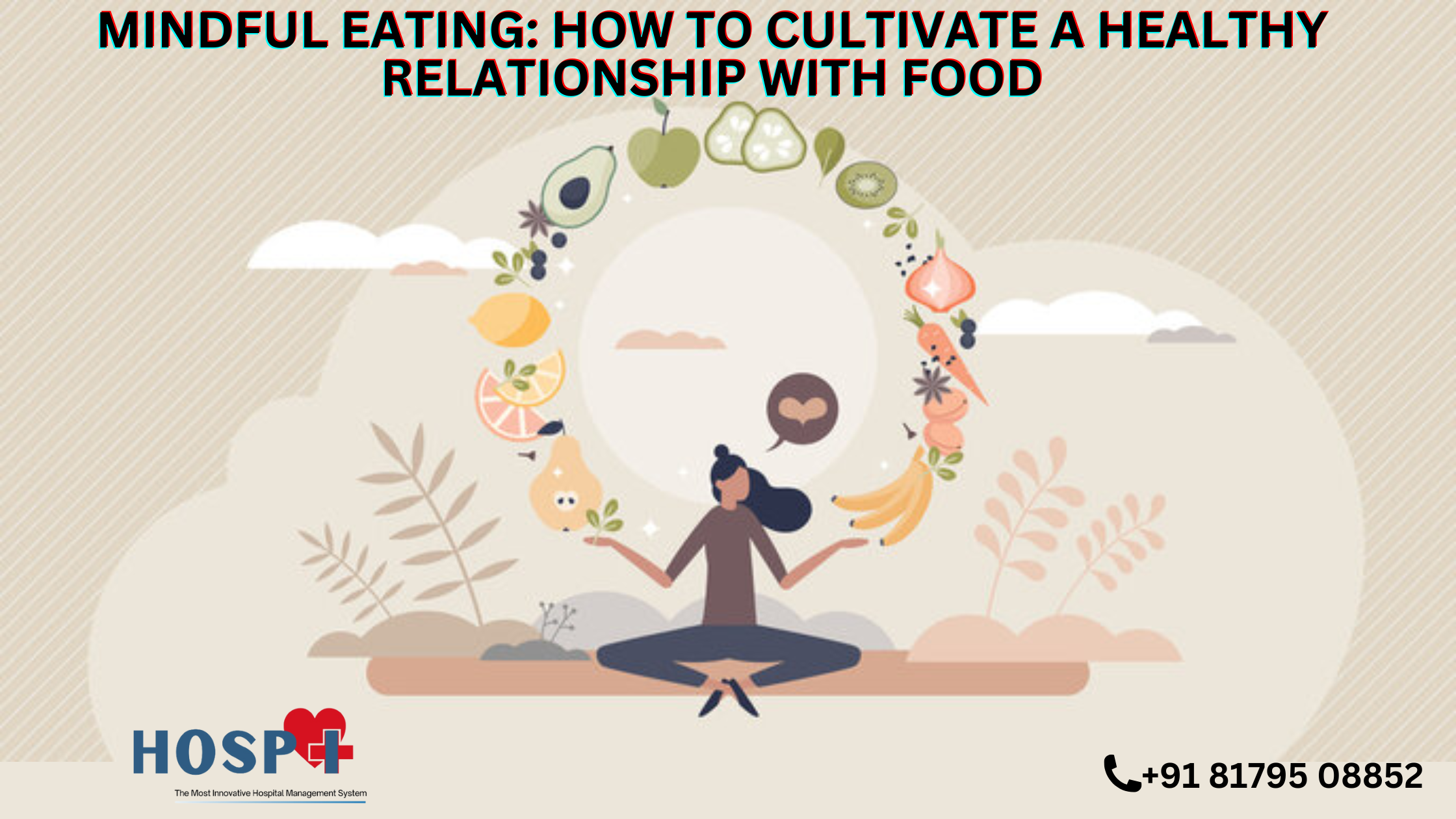Discover the power of mindful eating and transform your relationship with food. Learn how to practice mindful eating for better digestion, stress relief, weight management, and emotional wellness. This guide offers practical tips, benefits, and easy steps to incorporate mindfulness into your meals, whether you’re aiming for healthier eating habits or simply enjoying your food more. Explore mindful eating practices that promote a balanced lifestyle, improve mental health, and help reduce overeating. Start your mindful eating journey today and embrace a healthier, more mindful approach to food.


